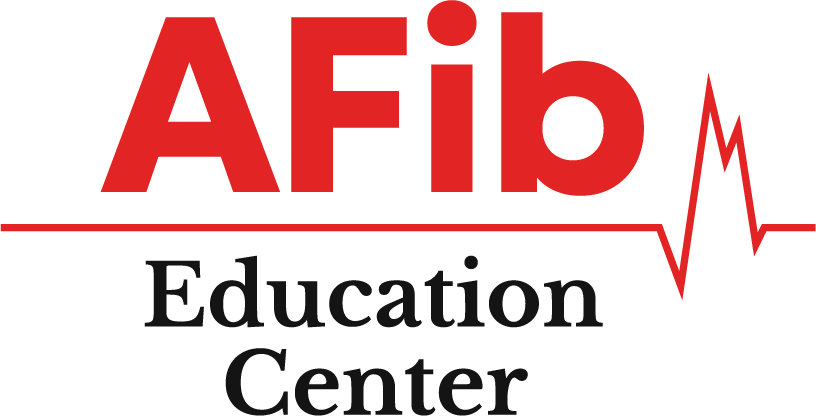Can I Prevent Atrial Fibrillation?
AFib is a common heart rhythm disorder characterized by irregular and often rapid heartbeats due to abnormal electrical signals in the heart, primarily linked to aging.
Key Points Covered
- Causes: AFib arises from abnormal electrical cells disrupting the heart’s rhythm, which increases with age.
- Risk Factors: High blood pressure, sleep apnea, diabetes, high cholesterol, smoking, obesity, and a sedentary lifestyle accelerate AFib development.
- Management Strategies: Control blood pressure, treat sleep apnea, manage diabetes, lower cholesterol, quit smoking, maintain a healthy weight, and increase physical activity.
- Stages of AFib: Progresses from paroxysmal (sporadic) to permanent (constant), indicating the frequency and persistence of episodes.
- Avoiding Triggers: Stress, stimulants, alcohol, and certain medical conditions can provoke AFib episodes, especially in early stages.
- Proactive Approach: Early intervention, lifestyle modifications, and regular medical monitoring are crucial for managing AFib effectively and improving quality of life.
While aging is a primary risk factor for AFib, proactive management of associated risk factors and avoiding triggers can significantly delay its progression and reduce the frequency of episodes. By implementing lifestyle changes and working closely with healthcare providers, individuals can better manage AFib, enhance heart health, and maintain overall well-being.
